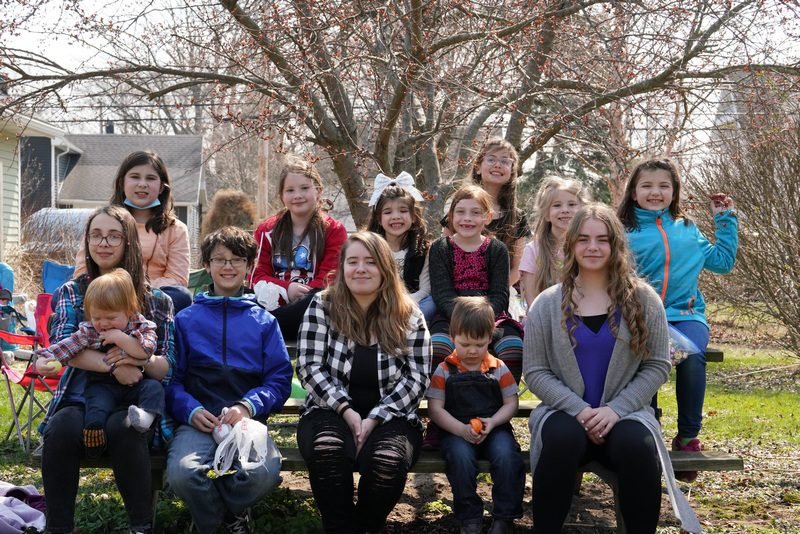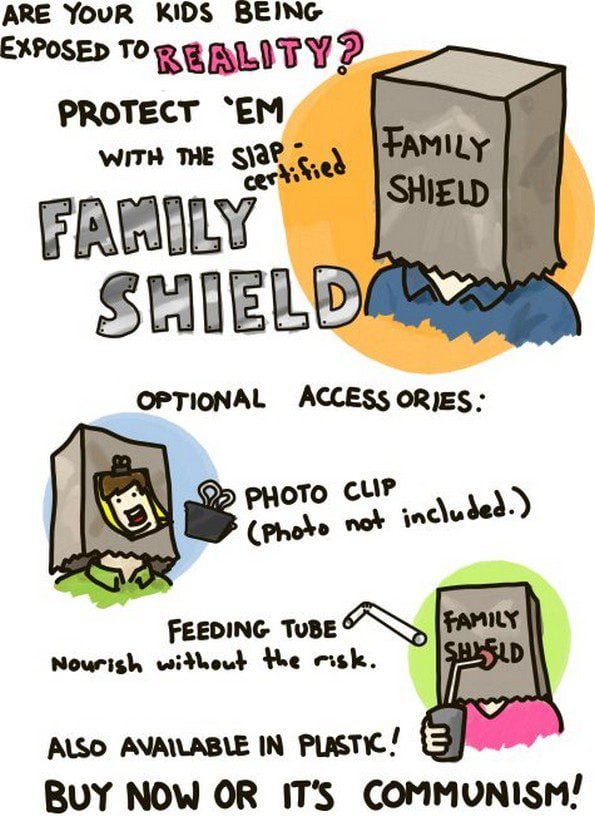
New Life Church in Cumberland, Indiana — a United Pentecostal congregation — recently found itself under scrutiny after it came to light that a worker at the church’s daycare was giving Melatonin gummies to children taking naps.
Paul Caudill started noticing behavioral changes in his 3-year-old daughter about Christmastime.
“She would have random outbursts of emotion and it would always be toward bedtime,” Caudill said. “She wouldn’t eat. She would complain about headaches.”
Caudill said his wife was ready to take the toddler in for medical testing when Pastor David Faulk at New Life Church in Cumberland pulled him aside on February 1st as he dropped his daughter off at daycare on her birthday.
”He pulled me into his office and he had explained to me that one of the employees had been giving my daughter melatonin,” said Caudill. ”I was like, ‘So, you mean that somebody had been drugging my daughter?’ He said, ‘Yeah, well, it’s been brought to our attention that one of our associates has been administering melatonin to a number of children for sixty days.’
”There was a lot of anger that came in towards the end of it but I was in a church with a pastor.”
Tonya Rachelle Voris, 52, was fired in late January as the executive director of Kidz Life Childcare Ministry and now faces a felony charge of neglect of a dependent and a misdemeanor charge of reckless supervision.
In a Probable Cause Affidavit, Cumberland Police indicated they had interviewed most of the parents of the 17 children identified by the pastor as having likely been dosed with the over-the-counter sleep medication.
Many of those parents told detectives that their children had also suffered side effects from the unauthorized doses.
In the PC, CPD determined that, “Voris dispensed the Melatonin gummies to forcefully induce sleep in several children for her personal gain in not having to deal with fussy or problematic children who would not sleep during naptime which was characterized by several staff members as their break-time.”
While Pastor Faulk said Voris admitted dispensing the medication to the children, one of whom was just a 1-year-old, she refused to talk to investigators.
What stood out to me in this story was a statement by Paul Caudill. Caudill’s daughter was one of the children drugged at New Life’s daycare.
With it being a church organization, you shouldn’t have to worry about whether my daughter is safe at that facility.
Caudill’s statement reveals a common belief about churches: that churches are safe places, especially for children; that churches and pastors are trustworthy and safe. This sentiment is common among believers and unbelievers alike. Few people seem to question whether these things are true.
Churches are wrongly viewed as bastions of morality; church members, pastors, youth directors, Sunday school teachers, worship leaders, ministry workers, and Christian school and daycare workers are moral and ethical. Few people ask “how do we know this is true”? Does the evidence at hand support the notion that churches and pastors should, without qualification, be trusted? I contend it does not.
Part of the problem is that religion, in general, is viewed as the wellspring of morality. In the United States, Christianity, a text-based religion, is viewed as the de facto standard for morality and ethics. While I am an atheist and a humanist, I fully recognize the deep imprint Christian morality has made on my life. An increasing number of public schools are posting the Ten Commandments on the walls of their classrooms. Evangelical parents are clamoring for Bible-based religious instruction in schools. Why? These parents think that the Bible’s teachings and morality are one and the same.
Churches, then, are viewed as dispensers of morality. It is assumed that those dispensing these teachings are themselves “moral.” Surely, if a man stands in the pulpit on Sundays dispensing moral truth, he practices what he preaches, right? Surely other authority figures in churches do the same. Or so the thinking goes, anyways.
I was in the Evangelical church for fifty years. I was a pastor for twenty-five years. I have intimate and extensive knowledge about what goes on behind the scenes in churches. I know where the bodies are buried. I know about cover-ups meant to protect church reputations over children and vulnerable adults. I have been critiquing Evangelicalism for decades. Since 2017, I have published the Black Collar Crime Series. One thousand stories strong, this series lays bare the notion that churches are safe havens; that pastors can and do commit crimes; that no one should be trusted by default.
Just because churches do background checks doesn’t mean they are safe. All background checks do is check whether someone was convicted of a crime. If a sexual predator, for example, is never arrested or convicted, his background check will come back clean. Further, nothing stops someone from committing crimes after his background check. Most predators are repeat offenders. Rarely do they get caught the first time — despite offending preachers swearing before God and their churches that they only did what they did once.
I am not suggesting that churches are, by default, “evil” or havens for predators. I am saying, however, that people shouldn’t uncritically trust churches, pastors, and other authority figures. Churches are easy places for predators to hide in plain sight. Youth pastors, in particular, are notorious for taking advantage of teen girls. And just because a so-called man of God preaches rousing sermons on morality, it doesn’t mean that he, himself, is moral.
Bruce Gerencser, 68, lives in rural Northwest Ohio with his wife of 47 years. He and his wife have six grown children and sixteen grandchildren. Bruce pastored Evangelical churches for twenty-five years in Ohio, Texas, and Michigan. Bruce left the ministry in 2005, and in 2008 he left Christianity. Bruce is now a humanist and an atheist.
Your comments are welcome and appreciated. All first-time comments are moderated. Please read the commenting rules before commenting.
You can email Bruce via the Contact Form.








